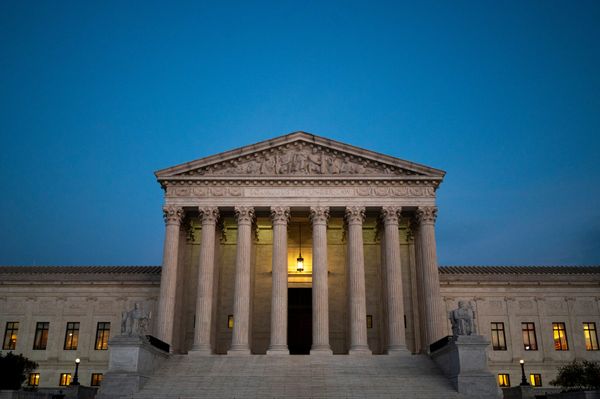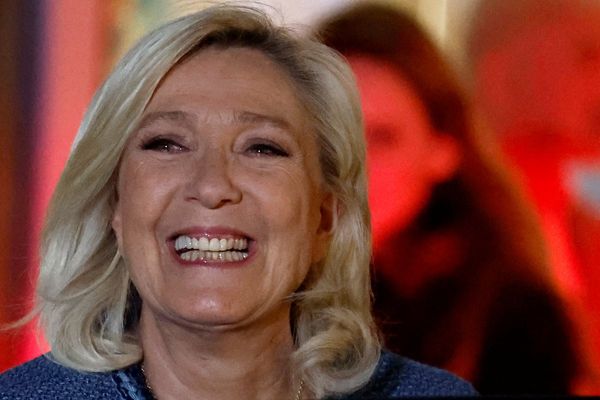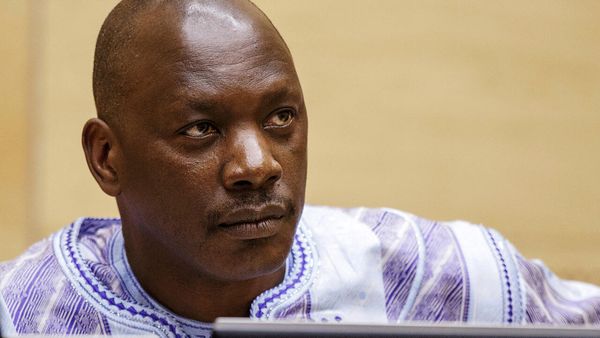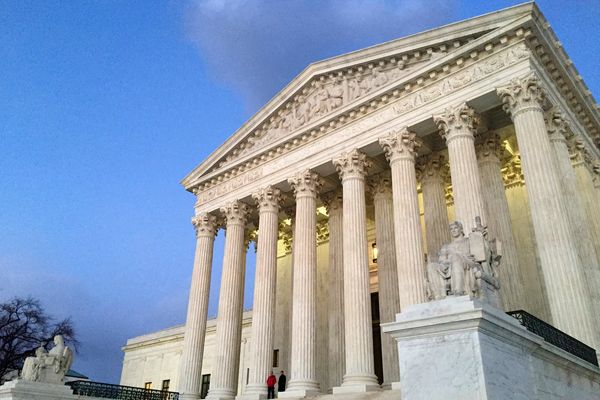THE UK Government has announced 38 new peerages, including former Downing Street chief of staff Sue Gray.
The list was published on Friday afternoon and features many notable figures. Former Scottish Labour leader Wendy Alexander, former Scottish Labour MP Margaret Curran, former Tory MP Thérèse Coffey, and associate editor of The Spectator Toby Young and are also among those receiving peerages.
Gray, the civil servant who investigated Partygate and went on to become Keir Starmer’s chief of staff, was replaced by Morgan McSweeney earlier this year after weeks of Downing Street infighting. She was then appointed to a newly-created nations and regions role, but it was later confirmed she would not take up the position.
The list of new peerages is broken up into nominations from various political parties, including the governing Labour and opposition Conservatives.
Here is the full of peers entering the House of Lords, according to the UK Government website:
Nominations from the Leader of the Labour Party:
- Professor Wendy Alexander – vice chair of the British Council, former MSP for Paisley North and Scottish Labour Leader in Holyrood.
- Sir Brendan Barber – former general secretary of the Trades Union Congress and former chair of the Advisory, Conciliation and Arbitration Service.
- Luciana Berger – former MP for Liverpool Wavertree and current chair of the Maternal Mental Health Alliance.
- Mary Bousted – formerly the joint general secretary of the National Education Union, and education policy adviser.
- Kevin Brennan – former MP for Cardiff West and former minister of state at the Department for Business, Innovation and Skills and parliamentary under secretary of state at the Department for Children, Schools and Families.
- Lyn Brown – former MP for West Ham and former shadow minister.
- Dinah Caine OBE CBE – chair of Camden STEAM, formerly chair of Goldsmiths University and CEO and chair of Creative Skillset.
- Kay Carberry CBE – former assistant general secretary of the British Trades Union Congress (TUC).
- Margaret Curran – former MP for Glasgow East and formerly minister within the Scottish Executive.
- Thangam Debbonaire – former MP for Bristol West and former shadow secretary of state.
- Julie Elliott – former MP for Sunderland Central and former shadow minister.
- David Evans – former Labour Party regional director, assistant general secretary and general secretary of Labour from 2020-2024.
- Sue Gray – former chief of staff to Prime Minister and former cabinet office second permanent secretary.
- Theresa Griffin – former MEP for North West England.
- Anji Hunter – senior advisor at Edelman, and former Head of Government Relations in Downing Street.
- Carwyn Jones – former MS for Bridgend and first minister of Wales.
- Mike Katz – national chair of Jewish Labour Movement and a former Camden Councillor.
- Gerard Lemos CMG CBE – social policy expert and chair of English Heritage, chair of National Savings and Investments, and chair of London Institute of Banking and Finance.
- Alison Levitt KC – master of the bench of the Inner Temple. Previously principal legal advisor to the director of public prosecutions and a circuit judge specialising in serious crime, including rape.
- Anne Longfield CBE – campaigner for children and formerly served as the children’s commissioner for England. Founder and executive chair of the Centre for Young Lives.
- Deborah Mattinson – former director of strategy to Starmer. Co-founder of BritainThinks.
- Steve McCabe – former MP for Birmingham Hall Green and Birmingham Selly Oak, and former government whip.
- Claude Moraes OBE – former MEP for London and chair of the Civil Liberties, Justice and Home Affairs Committee.
- Wendy Nichols – UNISON Yorkshire and Humberside regional convenor and branch secretary and Labour councillor.
- Simon Pitkeathley – currently the chief executive of Camden Town Unlimited and Euston Town, formerly the Mayor of London’s ‘Champion for Small Business’.
- Dame Anne Marie Rafferty DBE FRCN – professor of nursing policy and former president of the Royal College of Nursing.
- Krish Raval OBE – founding director of Faith in Leadership.
- Marvin Rees OBE – former mayor of Bristol and head of Bristol City Council. Former journalist, voluntary sector manager and NHS public health manager.
- Revd Dr Russell David Rook OBE – partner at the Good Faith Partnership and Anglican priest.
- Phil Wilson – former MP for Sedgefield, and former opposition assistant whip.
Nominations from the Leader of the Conservative Party:
- Nigel Biggar CBE – regius professor emeritus of Moral Theology at the University of Oxford and Anglican priest.
- Joanne Cash – co-founder of Parent Gym and barrister serving as the Southeastern Circuit Junior and a member of the Bar Human Rights Committee.
- Rt Hon Dame Thérèse Coffey PhD – former deputy prime minister and former MP for Suffolk Coastal.
- Roger Evans – former deputy mayor of London and former member of the London Assembly for Havering and Redbridge.
- Rachel Maclean – former MP for Redditch and former minister of state for housing and planning.
- Toby Young – founder and director of the Free Speech Union, and an associate editor of The Spectator.
Nominations from the Leader of the Liberal Democrat Party:
- Cllr Shaffaq Mohammed MBE – former Sheffield City councillor and chair of the LibDems carers commission.
- Dr Mark Pack – former president of the LibDems
What is a peer in the House of Lords and how are they selected?
Members of the House of Lords are known as peers and are meant to scrutinise the work of the government while making recommended changes to proposed legislation.
However, unlike MPs, peers are not elected, with the majority of them being appointed by the monarch on the advice of the Prime Minister.
While many peers have worked in politics, many have expertise in other areas such as science and art.
The House of Lords has some 800 members, most being life peers.
Labour has diluted their previous manifesto pledge to abolish the House of Lords, instead passing reforms to strip out the places for hereditary peers.
Labour currently have 187 peers compared to 273 from the Conservative Party.
The LibDems have 78 and there are 184 crossbench peers.







